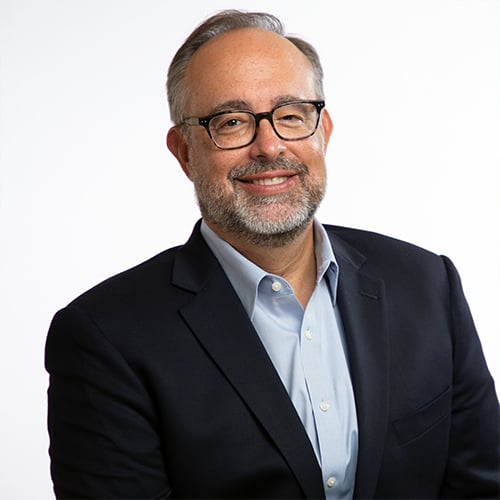As I look at our feasibility study data over the last several years, I see a theme emerging. Many of the nonprofits we worked with used to be supported by “Class A,” powerful boards. These boards represented the best leadership their communities had to offer. But over time, the sands have shifted and their boards are no longer as effective as they used to be. Why is that?
ECONOMIC SHIFTS
So many communities have transitioned from primary economies (stuff is manufactured and companies locally owned) to secondary/tertiary economies (stuff is manufactured but ownership is now elsewhere) to a service economy (stuff is no longer manufactured and professional services now drive the economy). This shift has a huge effect on local giving, but the effect is so gradual you might not have noticed.
Once powerful boards, with members who represented these primary economies, where corporate leadership was locally owned and giving decisions were locally made, are no longer. A nonprofit’s board may have representation from the same companies or families, but their relative giving power may be vastly different than a few years ago. We know that individual giving drives philanthropy but our boards are less populated with these donors who can make legacy level gifts.
LOYALTY SHIFTS
The primary economy business leaders loved these nonprofit organizations and were proud to serve them. It’s not unusual for me to see a board of directors with second- or even third-generation volunteers from the same family. In many cases, however, the sands are shifting in board engagement.
The current generation of volunteers may sit on the board, but they are not necessarily engaged. They’re on the board out of respect for their elders or a sense of familial duty, but they are not passionate about the cause. Or I’m seeing representation from powerhouse corporations, but that representation comes from lower-level employees, who are less likely to have any real giving authority. The fundraising problem? Respect produces safe and modest giving whereas love produces lead and legacy gifts.
RIDING THE SHIFTS
There is, however, a way to navigate this new reality. I’ve watched a handful of boards adapt to these shifting sands, engaging individuals representing the Boomers, Busters and Millennials.
Without fail during feasibility study interviews I hear community leaders and nonprofit leaders say “XYZ nonprofit is the ‘hot’ board to serve on.” Usually this is followed by “we serve several-fold more kids than XYZ nonprofit.” Or “We have been doing this work for decades and they just started.”
What separates the boards that continue to engage top leaders, and those who wonder why they aren’t the “hot” place to serve? Here are a few questions to ask yourself …
- How has your local economy changed?
- Does your board represent the “Big L” leaders of today’s economy or one of yesteryear? Do you know who those “Big L” leaders are today?
- Does your board represent the Top 20 new economy leaders in your community? If not, why not?
- Are there local nonprofit boards that have attracted top-tier leadership? Go to school on them; benchmark against them.
- Does your case for support excite and attract your new economy leaders? If not, why?
If your board has lost effectiveness, take a hard look at those questions. The sands may be shifting, but savvy nonprofit leaders can adapt and keep their balance, helping their mission to flourish for generations to come.

